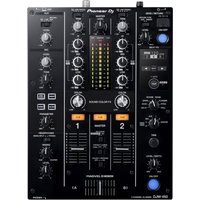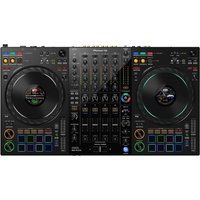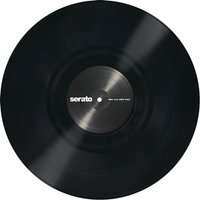In the ever-evolving world of DJing, the debate between analogue and digital turntables continues to be a topic of lively discussion. This post aims to delve into the nuanced world of turntablism, exploring the distinctive qualities, advantages, and drawbacks of both analogue and digital turntables.
An analogue turntable – Technics 1200 in silver
A Digital turntable – Pioneer DJ XDJ-700
Analogue turntables, revered for their traditional touch and warm, vinyl sound, have been the cornerstone of DJ culture since its inception. They offer a tactile experience that many purists argue is unmatched, allowing for a more ‘organic’ interaction with music. On the other hand, digital turntables have revolutionized the industry with their technological advancements, offering DJs an array of features like BPM matching, digital effects, and the ability to mix tracks from various digital sources.
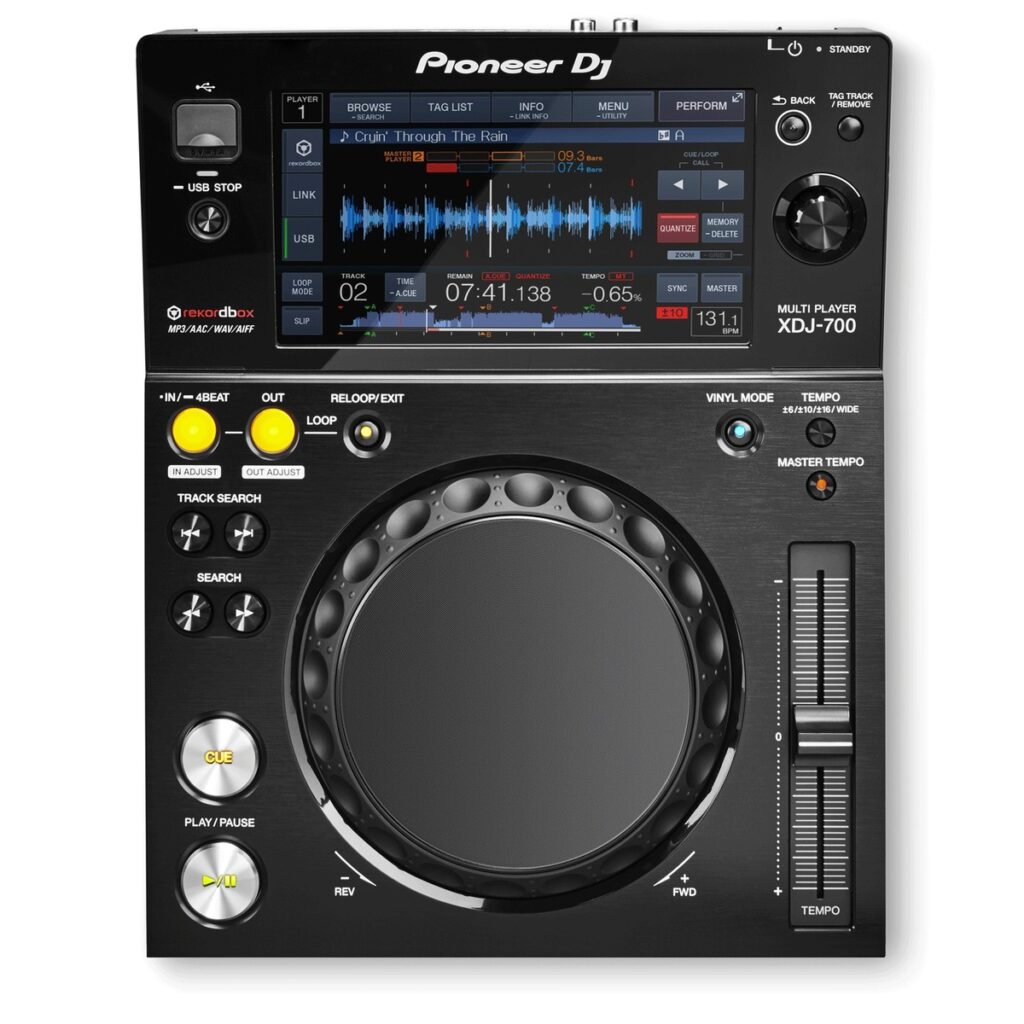
Each format carries its unique set of pros and cons, influencing the art and style of DJing in different ways. This post will guide you through these differences, helping both aspiring and seasoned DJs understand which turntable might best suit their artistic needs and why. Whether you’re a fan of the classic feel of vinyl or the innovative features of digital technology, this exploration will shed light on the intricacies of both worlds, offering insights into the heart of DJing culture.
Analogue and digital turntables, whats the difference?
When delving into the world of DJ turntables, it’s essential to understand the fundamental differences between analogue and digital models. These differences don’t just influence the technical aspects of DJing but also affect the overall experience and style of the DJ.
Analogue Turntables
The best over all analogue turntable – Technics SL1200.
- Sound Quality: Analogue turntables are known for their rich, warm sound that vinyl records produce. This sound is often described as more ‘authentic’ and ‘organic,’ resonating well with audiophiles and traditionalists.
- Tactile Experience: The physical interaction with vinyl and the turntable is a key aspect. Manipulating the record by hand for beat matching and scratching offers a unique tactile experience that many DJs cherish.
- Simplicity and Artistry: Analogue setups tend to be more straightforward but require more skill to manipulate the music. Techniques like beat matching and transitioning are done manually, which many argue allows for greater artistry and individual expression.
- Physical Media: The use of vinyl records means DJs have a tangible music collection. It also often involves crate digging for rare and unique records, which is a revered part of DJ culture.
Digital Turntables
The best over all digital – Pioneer DJ XDJ-700
- Advanced Features: Digital turntables offer features like BPM analysis, loop functions, hot cues, and extensive libraries of digital effects. These features can enhance creativity and provide more tools for DJs to experiment with.
- Convenience and Flexibility: Digital turntables allow DJs to carry thousands of tracks on a laptop or USB drive, offering vast musical choices and easier transport than crates of vinyl.
- Ease of Use: Features like automated beat matching can make it easier for beginners to learn and perform. However, some argue this can detract from the skill and craftsmanship of DJing.
- Integration with DJ Software: Digital turntables are often designed to integrate seamlessly with DJ software, opening up possibilities for music production, remixing, and more extensive control over the music.
The Hybrid Approach
It’s worth noting that many modern DJs adopt a hybrid approach, blending the best of both worlds. This can involve using digital systems that emulate the feel of vinyl or combining traditional turntables with digital tools and effects. A good example of this is timecode vinyl.
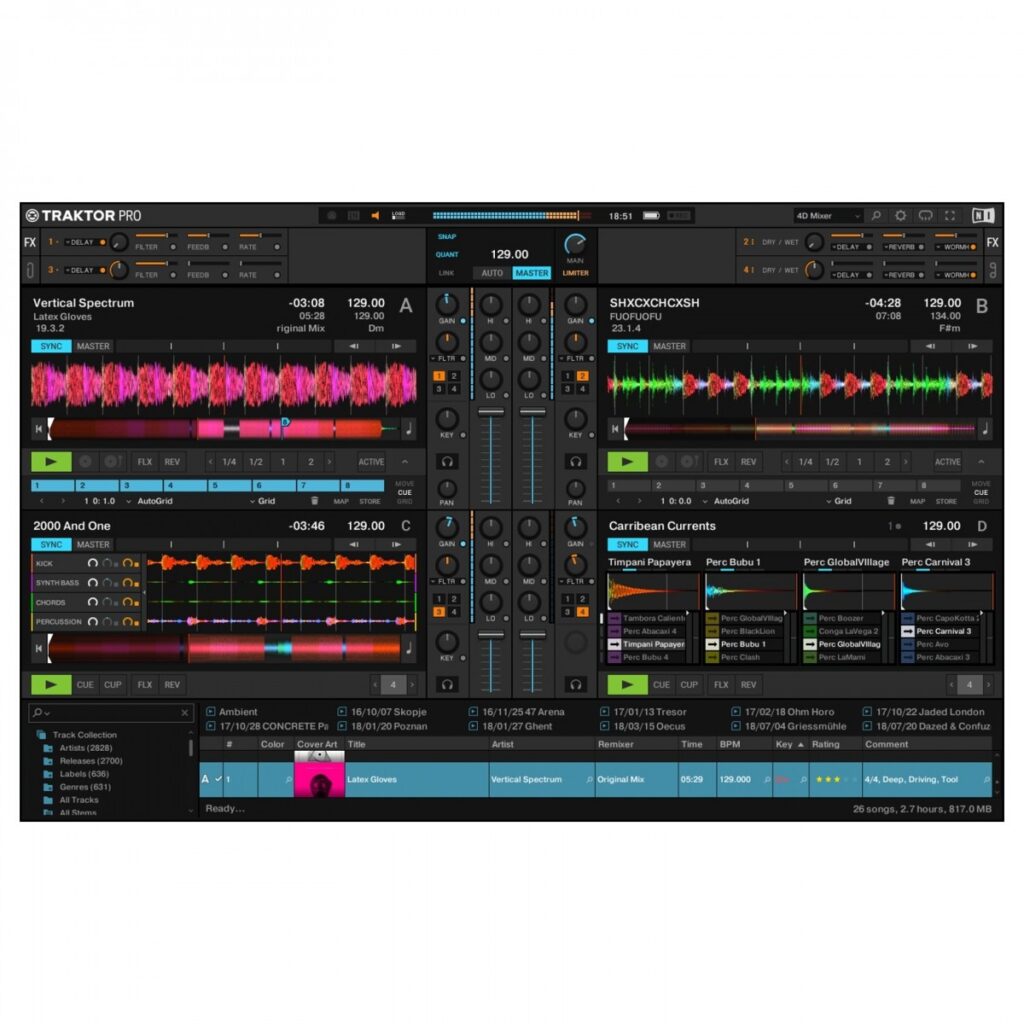
Timecode vinyl uses a standard analogue mixer and turntable setup, with a controller unit connect to the output of each turntable. The controller is also connected to a computer. The output of the controller is connected to the inputs on the mixer. A special timecode vinyl is played on the turntable, allowing the DJ to play mp3’s off the computer as if they were standard vinyl on the turntable.
How to choose one?
The decision between analogue and digital turntables depends on several factors, ranging from your DJing style to practical considerations. Here are some key points to consider when making your choice:
Consider Your DJing Style and Preferences
- Traditional vs. Modern: If you’re drawn to the traditional aspects of DJing, including the tactile feel of vinyl and the art of manual beat matching, analogue turntables might be your preferred choice. Conversely, if you’re excited by the prospect of integrating technology, effects, and the ease of digital libraries, digital turntables could be more suitable.
- Music Genre: Certain genres of music lend themselves better to specific types of turntables. For instance, hip-hop DJs often prefer analogue turntables for scratching and beat juggling, while electronic music DJs might lean towards digital turntables for their versatility and range of effects.
Evaluate Practical Aspects
- Portability and Space: Digital turntables, often more compact and lighter, are easier to transport and require less physical space. If you’re frequently on the move or have limited space, this could be a deciding factor.
- Music Library: Consider the size and format of your music collection. If you already have a large vinyl collection, analogue turntables might be more appealing. However, if you prefer the convenience of digital files, digital turntables are the obvious choice.
- Budget Constraints: Generally, starting with digital turntables can be more cost-effective, especially when considering the ongoing cost of purchasing vinyl records. However, the investment in a high-quality analogue setup can be worthwhile for its durability and timeless appeal.
Assess the Learning Curve and Long-term Goals
- Ease of Learning: Digital turntables might offer a smoother learning curve for beginners due to features like automated beat matching. This can be appealing if you’re just starting out.
- Skill Development: If you’re keen on honing traditional DJ skills, analogue turntables offer a more hands-on approach. This can be rewarding in terms of skill development and understanding the roots of DJing.
- Professional Aspirations: Consider where you see your DJ career going. If you aspire to play in clubs that often have standard setups (like Pioneer CDJs), familiarity with digital systems could be beneficial. However, if you’re aiming for a niche market or specific events like vinyl-only nights, analogue could be your path.
Test and Experiment
- Try Before You Buy: If possible, experiment with both types of turntables. Many music stores or DJ academies offer the opportunity to try out equipment, which can be invaluable in making your decision.
- Community and Mentorship: Engage with the DJ community or find a mentor who can offer insights and advice based on their experiences. They can provide practical information on what works best in different scenarios.
In conclusion, while analogue turntables appeal to those who appreciate the classic art of DJing and the unique sound of vinyl, digital turntables offer modern features and convenience. The choice often depends on personal preference, the type of music being played, and the desired interaction with the medium.
CHECK PRICES AT ZZOUNDS

